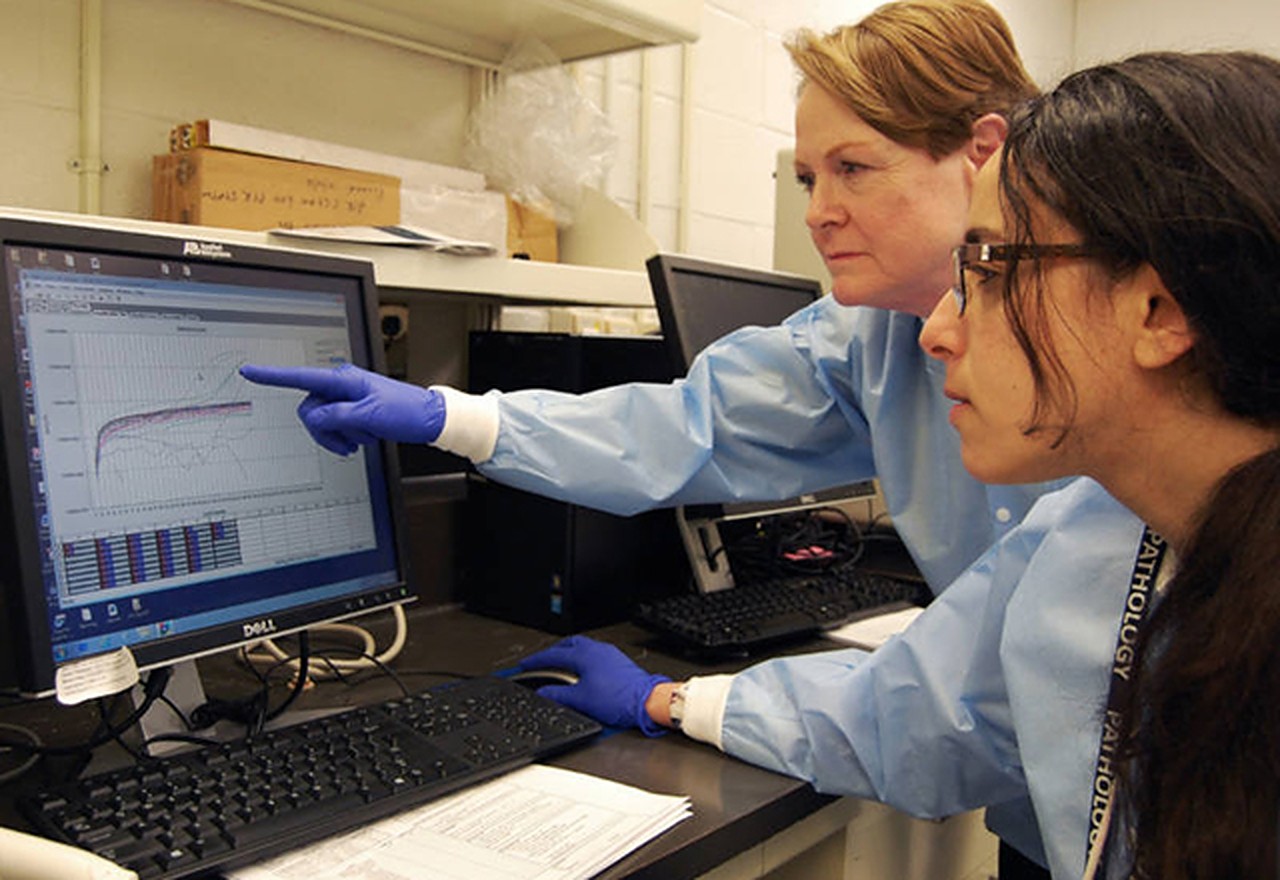In the minds of many, the world of science is a man-dominated field. Many schoolgirls and schoolboys still struggle today to name more than five women scientists, let alone one. Despite the fact that women form 70 percent of workers in the health and social sector, they remain under-represented in the industry’s leadership, constituting 30 percent of C-suite teams and 13 percent of CEOs, according to the UN. However, it is also important to note that the participation of women in science and leadership is macro-critical, meaning that it is an important factor in boosting the overall development of society. Egypt’s Minister of International Cooperation Dr. Rania Al Mashat has been very vocal on the importance of highlighting women’s participation as macro-critical, recently stating at a virtual webinar that “41 percent in scientific researches are led by Arab women, with 45 percent in Egypt.” https://twitter.com/RaniaAlMashat/status/1229723558114451457 During the webinar, titled “Horizons of Scientific Research and Knowledge Economy in the Arab World,” Al Mashat noted the significance of a knowledge economy and technological infrastructure in advancing productivity and human capital. “This is an opportunity for technology-based entrepreneurship, which through innovation and creativity,…
Women Scientists From Egypt and Others Leading the Race to Fight COVID-19 Pandemic
May 24, 2020




